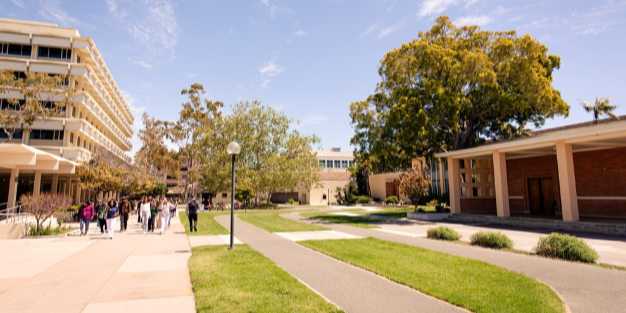Listen to the article
Dive Brief:
Harvard University reported a $112.6 million net operating deficit in fiscal 2025, its first shortfall since the pandemic and the largest that the private nonprofit has racked up since 2011.
The deficit — a steep decline from last year’s surplus of $45.3 million — shows the toll the Trump administration’s financial war against the institution has taken on its finances.
Despite its fiscal challenges this year, Harvard remains the country’s richest university. At $82.4 billion, its total assets grew 7.3% year over year in fiscal 2025, thanks to donations and strong investment returns.
Dive Insight:
Harvard’s financials show strains from federal disruptions, with revenue from federal support dropping 8.4% to $628.6 million in fiscal 2025, which ended June 30.
“Even by the standards of our centuries-long history, fiscal year 2025 was extraordinarily challenging,” Harvard President Alan Garber said in a message accompanying the financial statements.
But the report understates the extent to which the Trump administration has tried to hurt the university as it pushes Harvard to enter a potentially expensive and far-reaching settlement.
The attacks began this spring with the cancellation of research grants over allegations that the Ivy League institution failed to protect students on campus from antisemitism.
In April, it froze $2.2 billion of Harvard’s grants and contracts after the university declined a settlement that would have given the federal government unprecedented say in academic operations
In a Thursday Q&A, Harvard Chief Financial Officer Ritu Kalra described an “abrupt termination of nearly the entire portfolio of our direct federally sponsored research grants.” That included $116 million in reimbursement for money Harvard already spent that “disappeared almost overnight.”
The Trump administration has threatened and attempted to do much more. The administration has also tried through multiple maneuvers to block Harvard’s ability to enroll international students, who make up a little over a quarter of its student body.
A federal court overseeing Harvard’s litigation against the government has paused or blocked the above efforts, but the Trump administration has either filed or promised appeals over those decisions.
President Donald Trump’s government has also sought to weaken Harvard’s patent rights by licensing them out through an obscure regulatory process never used by the federal government before and. Additionally, it has threatened Harvard’s access to federal student aid if the university does not comply with an expansive data request about undergraduate admissions. The administration further sought a $500 million settlement to resolve investigations into the university, a proposal Garber dismissed.
All of that has come amid rising costs for the university and many others in the country. In fiscal 2025, Harvard’s total operating expenses rose 5.7% to $6.8 billion.
And starting in 2026 the university expects a tax bill on its endowment amounting to around $300 million a year going forward, after Republicans’ passed a massive spending package this year, which increased taxes on wealthy college endowments.
“That means hundreds of millions of dollars that will not be available to support financial aid, research, and teaching,” Kalra said.
To navigate the choppy, uncertain financial waters, Harvard has laid off employees, frozen hiring, kept salaries flat and slowed spending on new projects. Going forward, Garber said that Harvard has intensified efforts to expand its revenue pool and is “examining operations at every level of the University as we seek greater adaptability and efficiency.”
Endowment distributions and current-use gifts comprise 46% of its operating budget, far outpacing funds that the university receives from tuition or sponsored research.



























